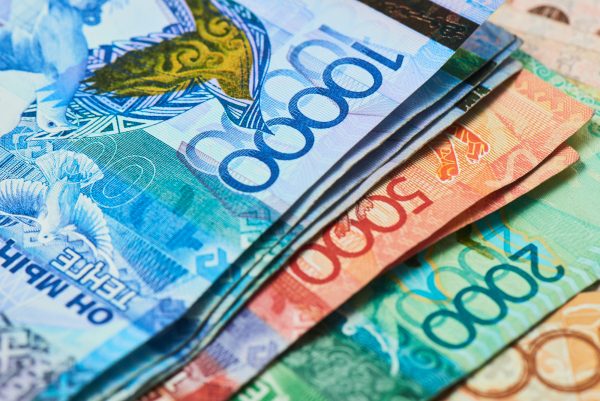Kazakhstan’s government and its main creditor have agreed to a settlement that ends a 14-year legal dispute. Both sides said that the resolution could lead to “increased investment potential” in the country.
The so-called Stati Case started in 2010, when the Stockholm Chamber of Commerce first considered a claim by a group of companies owned by the Moldovan businessman Anatol Stati and his son Gabriel against Kazakhstan’s government for the illegal seizure of their business.
In December 2013, the arbitration court ruled that Kazakhstan should pay $500 million plus legal fees to the Stati parties, but the government refused to comply, thus breaching the Energy Charter Treaty principle that it had adopted in an effort to lure in investment.
The Stati parties then chased the dispute across several jurisdictions, leading to a U.S. bank freezing $22.6 billion in national fund assets in 2017, as well as several other courts in Europe also limiting operations at certain state-owned assets that had transferred residency there.
Last year in June, the Svea Court of Appeal in Sweden ordered Kazakhstan to pay $75 million, plus $1.5 million in court fees, to the Stati parties.
The official statement from the Kazakh Ministry of Justice regarding the recent settlement offered no details, but hints that the sum was never paid out.
“The settlement decision was made taking into account the public interest, and the settlement does not involve the use of any public funds,” Minister Azamat Yeskarayev said in the statement on July 16.
Argentem Creek Partners, a U.S.-based bondholder that was supposed to obtain around 70 percent of the overall arbitration claim, which had grown to at least $530 million, also said it was satisfied with the settlement.
“The settlement of this long-standing dispute demonstrates that Kazakhstan is meeting its international treaty obligations,” Daniel Chapman, Argentem’s director, said in the statement.
Chapman also took the occasion to celebrate Kazakhstan’s “new era” with President Kassym-Jomart Tokayev at the helm.
“We support the framework agreement and welcome President Tokayev’s decision to create a Just Kazakhstan and warmly support the reforms he has planned.”
The tone of the statement is in line with the creditors’ political line of placing the blame entirely on Kazakhstan’s “old guard,” given that the seizure of Stati’s assets took place during the three-decade-long rule of President Nursultan Nazarbayev.
After the Svea court decision last year, Chapman urged Tokayev to try to settle the issue.
“It is time for the kleptocratic ‘old guard’ to step aside and allow President Tokayev to showcase his commitment to reform by honoring international treaty obligations, paying the [arbitration] Award and turning the page on this ugly saga,” Chapman wrote in June 2023.
Since Nazarbayev resigned in 2019, however, the relationship between Stati and Tokayev’s government has been rocky, with a few wins by the Kazakhstani side amid several court losses.
One of the main figures in Kazakhstan’s legal battle against Stati was Minister of Justice Marat Beketayev, who survived the power transition and headed the ministry from 2016 to January 2022.
After Qandy Qantar, the “Bloody January” repression of widespread protests in January 2022, Tokayev fired Beketayev as justice minister, and named him adviser to the prime minister, a post he would keep for a year.
Beketayev later came under fire for potentially benefitting from advisory contracts through a firm called Bolashak Consulting Group. The Stati dispute was among the cases that the firm advised, sources said.
In October last year, Beketayev was detained “while attempting to leave the country,” the General Prosecutor’s Office said in a statement. He is now awaiting trial for corruption.
Now, it seems that Beketayev and a few other representatives of the “old guard” may face the blame for the Stati Case, for which Kazakhstan has spent tens of millions of dollars already.
In the process of cleaning house after Qandy Qantar, so-called “New Kazakhstan” has tried to distance itself from the “bad apples” of the past.
In April last year, a specialized court sentenced Karim Massimov, formerly chairman of the National Security Committee, to 18 years in prison for high treason. He had been named “the main architect of the attempted coup” that arguably followed Qandy Qantar.
Massimov was prime minister at the time the Stati assets were expropriated.
While unlikely, more details could seep through the sealed final settlement, allowing Kazakhstan’s public to better understand how and how much budget money was spent on the case, as well as reassuring U.S. customers of the major bondholders that their investment did not vanish after the latest handshake.




















Discussion about this post